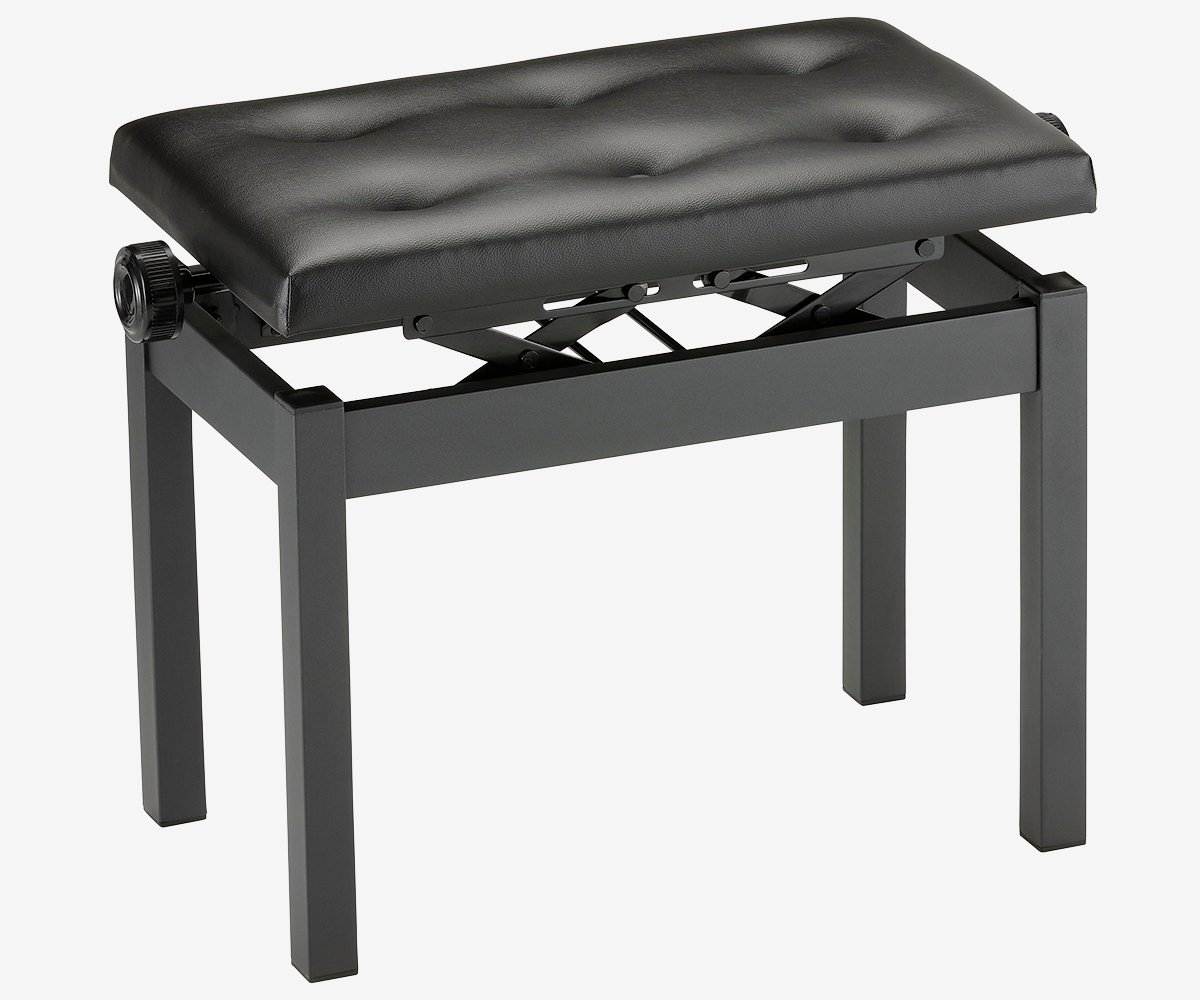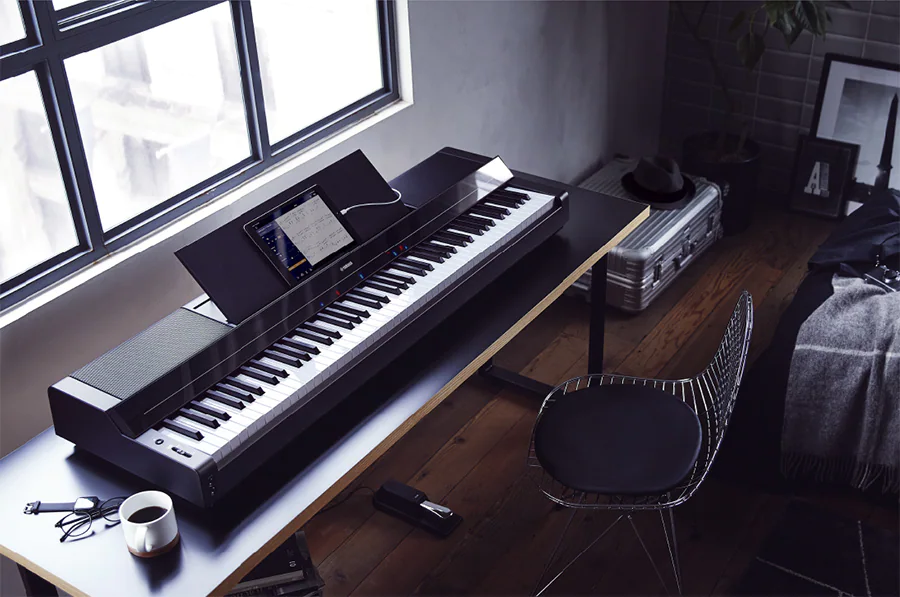Buying a piano is an exciting journey, whether you’re a seasoned musician or just starting out. However, with so many options available, it can be overwhelming to decide which piano is right for you. This comprehensive guide will walk you through the essential factors to consider when purchasing a piano, ensuring you make an informed and satisfying choice.
1. Determine Your Needs and Goals
1.1. Purpose of the Piano
Are you looking to perform on stage, practice at home, or compose music? Understanding the primary purpose of your piano will help narrow down your options.
1.2. Skill Level
Beginner, intermediate, or advanced? Your skill level influences the type of piano that will best suit your needs.
1.3. Musical Preferences
Different pianos cater to various musical genres. Consider the styles you most frequently play or wish to explore.
2. Acoustic vs. Digital Pianos
2.1. Understanding Acoustic Pianos
Acoustic pianos produce sound through mechanical actions involving strings and hammers, offering rich, resonant tones.
2.2. Exploring Digital Pianos
Digital pianos use electronic sensors to emulate the sound and feel of acoustic pianos, often providing additional features.
2.3. Pros and Cons
Each type has its advantages and disadvantages. We’ll delve into these to help you decide which aligns with your lifestyle and preferences.
3. Budget Considerations
3.1. Setting a Budget
Establishing a budget is crucial. Pianos range from affordable digital models to high-end grand pianos.
3.2. Long-Term Investment
Consider not just the initial cost but also maintenance, potential upgrades, and resale value.
3.3. Financing Options
Explore financing plans, especially for more expensive acoustic pianos, to make your purchase manageable.
4. Space and Size
4.1. Measuring Your Space
Pianos come in various sizes. Ensure you have adequate space for both the instrument and comfortable playing.
4.2. Grand vs. Upright vs. Portable
Understand the differences in size and functionality between grand pianos, upright pianos, and portable digital pianos.
4.3. Room Acoustics
The environment where the piano will reside affects its sound. Consider the room’s size, shape, and materials.
5. Sound Quality
5.1. Acoustic Piano Tone
Acoustic pianos offer a natural, dynamic sound that many musicians cherish.
5.2. Digital Piano Sound Sampling
High-quality digital pianos use extensive sampling to replicate acoustic sounds, but nuances may vary.
5.3. Personal Listening Tests
Always play or listen to the piano before purchasing to ensure the sound resonates with you.
6. Touch and Feel
6.1. Weighted Keys
Weighted keys mimic the resistance of acoustic piano keys, crucial for developing proper technique.
6.2. Key Action
The responsiveness of the keys affects your playing experience. Different pianos offer varying levels of key action complexity.
6.3. Personal Comfort
Ensure the piano feels comfortable to play, as this impacts your practice and performance quality.
7. Brand Reputation and Quality
7.1. Established Brands
Brands like Steinway, Yamaha, and Kawai have long-standing reputations for quality and craftsmanship.
7.2. Reviews and Testimonials
Research customer reviews and seek testimonials to gauge satisfaction and reliability.
7.3. Warranty and Support
A solid warranty and responsive customer support can provide peace of mind with your investment.
8. Features and Functionality
8.1. Built-In Metronomes and Recording
Digital pianos often come with features like built-in metronomes and recording capabilities, enhancing practice sessions.
8.2. Connectivity Options
USB, MIDI, and Bluetooth connectivity allow integration with other devices and software for expanded functionality.
8.3. Customizable Sound Settings
Digital pianos offer various sound customization options, enabling you to tailor the instrument to your preferences.
9. Maintenance and Longevity
9.1. Acoustic Piano Maintenance
Acoustic pianos require regular tuning, cleaning, and occasional repairs to maintain optimal performance.
9.2. Digital Piano Maintenance
Digital pianos are generally low-maintenance, but occasional software updates and hardware checks may be necessary.
9.3. Longevity of the Instrument
Consider how long you intend to keep the piano. Acoustic pianos can last generations with proper care, while digital pianos may require upgrades over time.
10. Portability and Space
10.1. Moving an Acoustic Piano
Grand pianos, in particular, are bulky and challenging to move. If you plan to relocate frequently, this is a critical factor.
10.2. Portability of Digital Pianos
Digital pianos are lightweight and easier to transport, making them ideal for musicians on the go.
10.3. Storage Solutions
Ensure you have appropriate storage space, especially if opting for a grand or upright acoustic piano.
11. Aesthetic and Design
11.1. Visual Appeal
Pianos are not just instruments; they’re pieces of art. Choose a design that complements your home or studio décor.
11.2. Finish and Materials
From glossy finishes to classic wooden tones, the material and finish affect both appearance and durability.
11.3. Size and Style Integration
Ensure the piano’s size and style integrate seamlessly with your existing furnishings and space.
12. Technological Integration
12.1. Smart Features
Modern digital pianos may include smart features like app integration, touch screens, and interactive learning tools.
12.2. Compatibility with Software
If you’re into music production, ensure the piano is compatible with your preferred music software and hardware.
12.3. Future-Proofing
Consider technologies that allow your piano to adapt to future advancements, ensuring longevity and relevance.
13. Resale Value
13.1. Depreciation Rates
Understand how different types of pianos depreciate over time to make a wise investment.
13.2. Factors Affecting Resale Value
Brand, condition, age, and market demand significantly influence a piano’s resale value.
13.3. Maintaining Value
Proper care and maintenance can preserve and even enhance your piano’s value over time.
14. Trial and Testing
14.1. In-Store Play Sessions
Take advantage of in-store play sessions to test different pianos and assess their suitability.
14.2. Professional Consultations
Seek advice from piano teachers or professional musicians to gain insights into your options.
14.3. Return Policies and Guarantees
Ensure the seller offers reasonable return policies and guarantees in case the piano doesn’t meet your expectations.
15. Environmental Considerations
15.1. Sustainable Manufacturing
Some brands prioritize sustainable practices in their manufacturing processes, which might be important to you.
15.2. Energy Consumption
Digital pianos consume electricity, so consider energy-efficient models if this is a concern.
15.3. Material Sourcing
Understanding where and how the materials are sourced can influence your purchasing decision, especially if you’re eco-conscious.
Conclusion
Purchasing a piano is a significant investment that requires careful consideration of various factors. From determining your needs and budget to assessing sound quality and maintenance requirements, each aspect plays a crucial role in finding the perfect instrument. Whether you opt for the timeless elegance of an acoustic piano or the versatile functionality of a digital one, understanding these factors will guide you toward a choice that enhances your musical journey and brings joy for years to come.
Frequently Asked Questions
1. How do I decide between an upright and a grand piano?
Consider your space, budget, and intended use. Grand pianos offer superior sound and responsiveness but require more space, while upright pianos are more compact and suitable for smaller areas.
2. Are digital pianos suitable for classical music?
Yes, high-quality digital pianos can effectively support classical music, offering expressive key action and authentic sound samples that closely mimic acoustic pianos.
3. What maintenance does a digital piano require?
Digital pianos require minimal maintenance, primarily involving regular cleaning and occasional software updates to ensure optimal performance.
4. Can I move my piano after purchasing it?
Yes, but moving an acoustic piano requires professional assistance to prevent damage. Digital pianos are generally more portable and easier to relocate on your own.
5. Is it worth investing in a high-end digital piano over an entry-level acoustic piano?
It depends on your priorities. High-end digital pianos offer advanced features and portability, while entry-level acoustic pianos provide authentic sound and touch. Assess your needs and preferences to determine which investment aligns best with your musical goals.














Leave a Reply